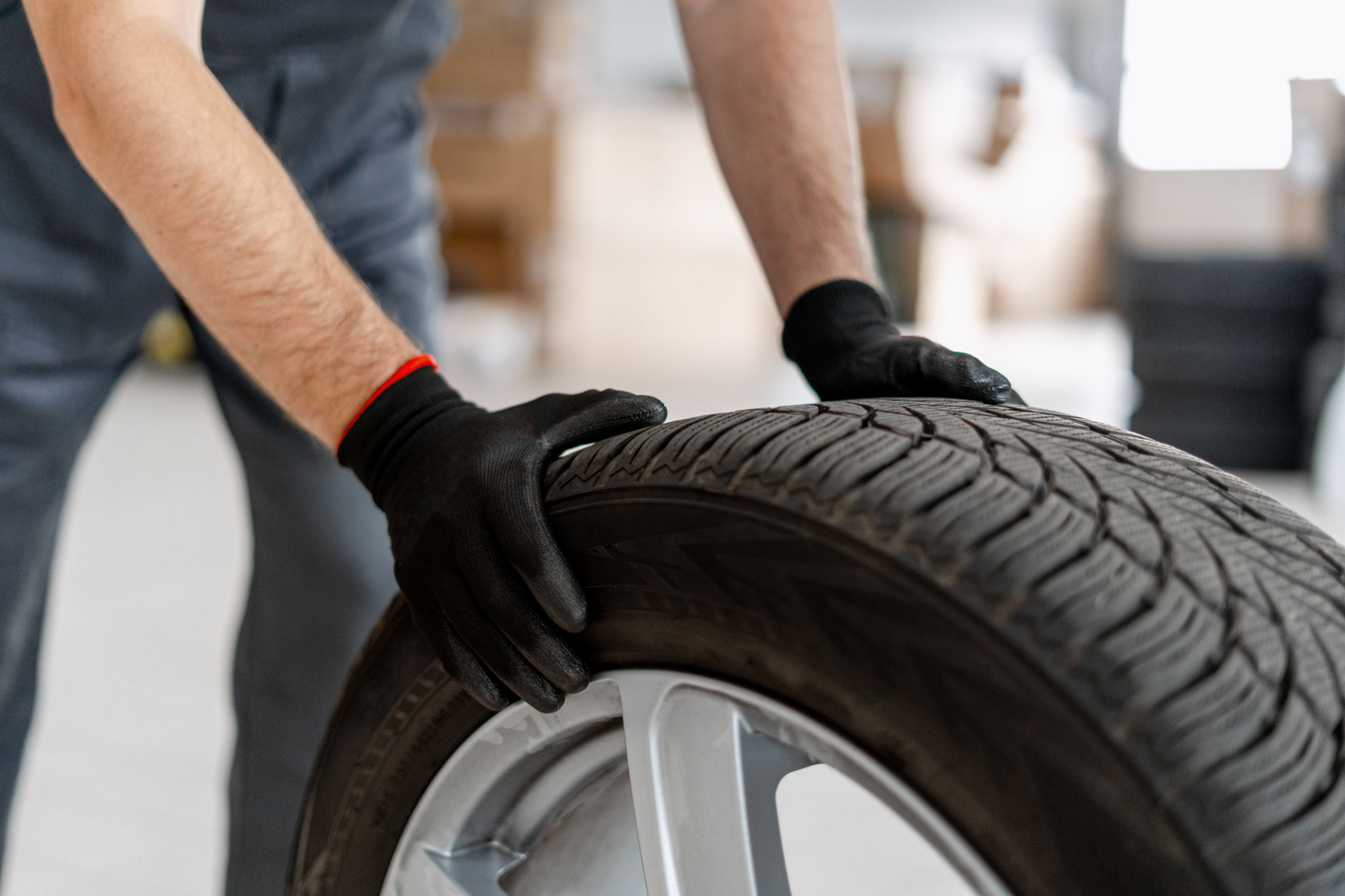Choosing the Right Industrial Tires for the Middle East: A Comprehensive Guide
Understanding the Importance of Industrial Tires
In the challenging environments of the Middle East, selecting the right industrial tires is crucial for ensuring efficiency and safety in operations. Whether it’s construction, mining, or logistics, the harsh conditions of the region demand tires that are durable, reliable, and capable of handling extreme temperatures and rugged terrains.
Industrial tires are specifically designed to withstand heavy loads, resist wear and tear, and provide excellent traction. Making the right choice can significantly impact operational efficiency and reduce downtime caused by tire failure. Therefore, understanding the key factors in choosing the right industrial tires is essential for businesses operating in this region.

Key Factors to Consider
Load Capacity
One of the most critical factors to consider when selecting industrial tires is the load capacity. It's essential to choose tires that can handle the weight of the machinery and any additional loads it will carry. Overloading tires can lead to premature wear, increased fuel consumption, and even accidents. Each tire has a load rating, which should be carefully matched to your equipment's requirements.
Terrain and Environment
The Middle East presents unique challenges with its diverse terrains, ranging from sandy deserts to rocky landscapes. Tires need to be chosen based on the specific terrain they will operate on. For instance, deep tread patterns are ideal for sandy environments as they provide better grip and flotation, preventing vehicles from getting stuck.

Temperature Resistance
Another vital consideration is temperature resistance. The Middle East experiences extremely high temperatures, which can affect tire performance. Look for tires made with heat-resistant compounds that can withstand these conditions without degrading. Heat-resistant tires not only last longer but also improve safety by reducing the risk of blowouts.
Types of Industrial Tires
There are several types of industrial tires available, each suited for different applications. Some of the common types include:
- Pneumatic Tires: These are air-filled tires that provide excellent shock absorption and are suitable for uneven terrains.
- Solid Tires: Made from solid rubber, these tires are puncture-proof and ideal for environments where sharp objects may cause damage.
- Semi-Pneumatic Tires: A combination of both pneumatic and solid tires, providing a balance of cushioning and durability.

Maintenance and Longevity
Proper maintenance is key to maximizing the lifespan of industrial tires. Regularly checking tire pressure, alignment, and tread wear can help prevent premature failure. It's also important to follow a consistent rotation schedule to ensure even wear and prolong tire life.
Investing in high-quality tires may seem costly initially, but it pays off in the long run by reducing downtime and maintenance costs. Furthermore, properly maintained tires contribute to improved fuel efficiency and overall safety.
Conclusion
Choosing the right industrial tires for operations in the Middle East is a decision that should not be taken lightly. By considering factors such as load capacity, terrain adaptability, and temperature resistance, businesses can ensure their equipment operates efficiently and safely.
Consulting with tire specialists or manufacturers can provide valuable insights into selecting the most suitable tires for your specific needs. With the right choice, you can enhance productivity while minimizing potential risks associated with tire failure in demanding environments.
